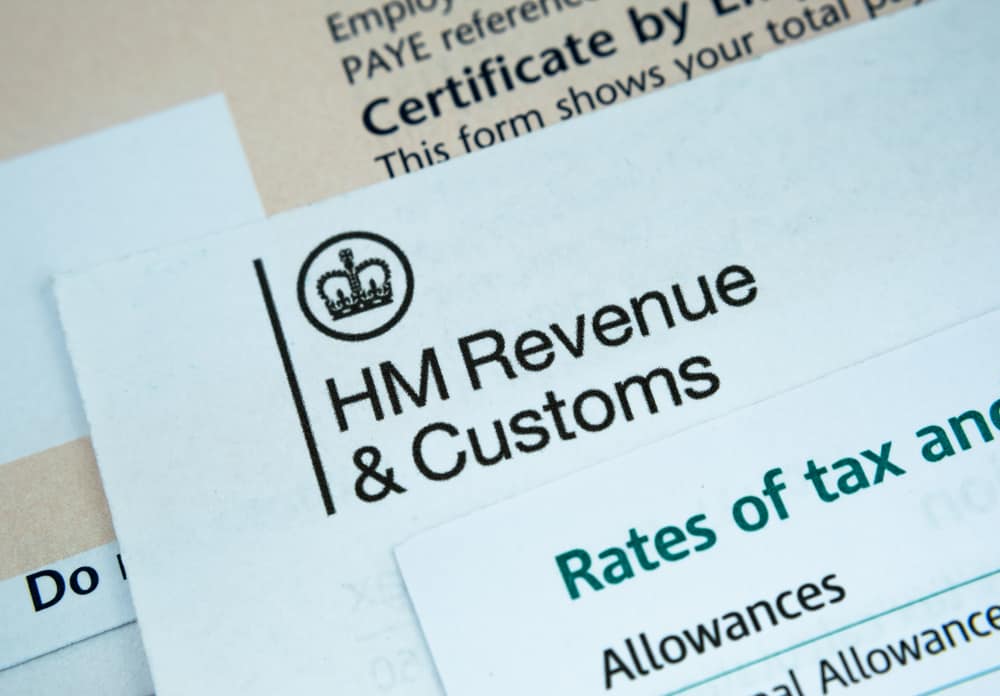HMRC’s new VAT domestic reverse charge for building and construction services comes into effect from 1st March 2021.
With this in mind, specialists from Chartered Accountancy practice, Sheards Accountancy delve into the impact the legislation will have on both the construction and property industries.
The reverse charge will apply to all CIS registered businesses buying and selling construction services that are subject to CIS reporting, apart from those that are zero-rated, up to the point in the supply chain where the customer is the end-user. At this point, the normal reporting and collection of VAT resumes.
Where the reverse charge applies, rather than the supplier charging and accounting for the VAT, the recipient of those supplies accounts for the VAT. In practice, this will mean that where there is a chain of contractors/subcontractors working on a building project, for example, none of those entities will add VAT to their invoices, other than the main contractor who is invoicing the end-user of the property.
Currently, in Great Britain, there are 290,3741 registered construction firms with 1,279,000 people employed in the industry. The construction sector has a monthly output of £14,014 million2 with an average weekly earning in the industry of £6481. But the industry has faced a number of challenges in recent years, which saw 3,502 insolvencies in the construction sector in 2019, equating to around a fifth of all insolvencies.
Kevin Winterburn, director at Sheards Accountancy commented: “The changes are a response to what HMRC have described as significant VAT fraud in the industry but they do in a way reflect a lack of trust to those operating in the sector from HMRC. The changes could have huge impacts on a company’s cash flow, so it’s essential that construction workers speak to their advisors, traders and suppliers ahead of 1st March.”
One of the biggest challenges for businesses in the sector is cash flow and a recent survey revealed that 1 in 53 construction companies say cash flow is a constant problem, with 84% of construction companies reporting that they had problems with cash flow.
When the VAT domestic reverse charge comes into play on the 1st March 2021, experts predict this could have a negative impact on the already stretched cash flow issues in the construction industry, so it’s important for firms to review their existing work pipelines and relationships to prepare for the change.
Kevin summarises: “The VAT domestic reverse charge has been a long time coming and it’s something everyone in the industry has been aware of since 2019. But with the 1st March quickly approaching, it’s important for firms in the construction and property industries to start implementing changes to the way they work to make sure they are covered.
“We hope by highlighting the key considerations for everyone in the industry, including suppliers and customers, the changes and responsibilities of each party will be clearer.”
To find out more about the VAT domestic reverse charge please visit: https://www.sheards.co.


